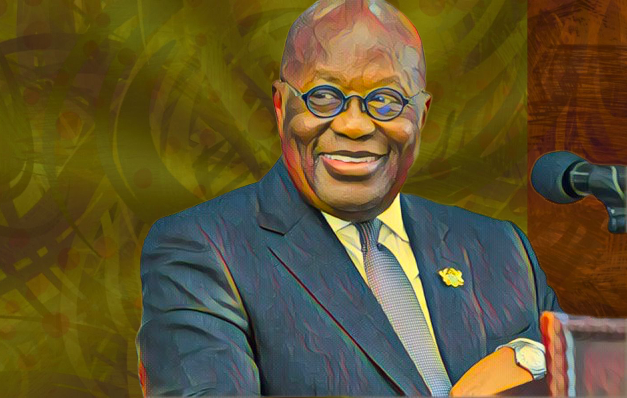— Brigadier General Nunoo-Mensah, a former National Security Advisor, has raised questions regarding the fairness of Ghana’s free education policy, particularly focusing on whether President Nana Akufo-Addo’s grandchildren should benefit from it. His remarks have sparked a debate about the inclusivity and equity of the government’s flagship Free Senior High School (SHS) program.
Nunoo-Mensah voiced his concerns during a recent interview, highlighting what he sees as the policy’s failure to target those who need it most. “How can President Akufo-Addo’s grandson or granddaughter get free education? It doesn’t make sense,” he stated, arguing that the program should be more needs-based, ensuring that resources are directed toward students from less privileged backgrounds.
The Free SHS program, introduced in 2017 by President Akufo-Addo’s administration, aims to provide free secondary education to all Ghanaian students. The policy has been widely praised for increasing enrollment and reducing the financial burden on families. However, critics argue that the universal approach is inefficient and that it spreads resources too thinly, potentially undermining the quality of education.
Nunoo-Mensah’s comments have ignited discussions on social media and among political commentators. Supporters of the Free SHS program maintain that universal access is a fundamental right and that means-testing could lead to bureaucratic inefficiencies and exclusions. “Free education for all ensures no child is left behind,” said Kofi Asare, an education policy analyst. “The goal is to democratize education and give every Ghanaian child an equal opportunity.”
Conversely, opponents argue that the policy disproportionately benefits wealthier families who can afford to pay for education, thus diverting funds from those who need it most. They advocate for a more targeted approach that prioritizes students from low-income families. “Resources are limited, and we need to ensure they are used where they are most needed,” remarked Professor Stephen Adei, a former rector of the Ghana Institute of Management and Public Administration (GIMPA).
The debate touches on broader issues of social equity and the role of government in leveling the playing field for all citizens. While the Free SHS program has undoubtedly made strides in expanding access to education, the challenge remains to ensure that it also addresses disparities in educational outcomes.
In response to the criticisms, the Ministry of Education has reiterated its commitment to providing free education for all Ghanaian children. “Our mandate is to ensure every child, regardless of their background, has access to quality education. We believe the Free SHS policy is a step in the right direction,” said Dr. Yaw Osei Adutwum, the Minister of Education.
As Ghana continues to grapple with these issues, the conversation around educational equity is likely to persist. Balancing the ideals of universal access with the practicalities of resource allocation remains a key challenge for policymakers.
Despite the controversies, there is hope that ongoing discussions and potential policy adjustments will lead to a more equitable and effective education system. By addressing the concerns raised by figures like Nunoo-Mensah, Ghana can continue to build on the successes of the Free SHS program while striving to ensure that it benefits all segments of society.
Source: www.ghanaweb.com




